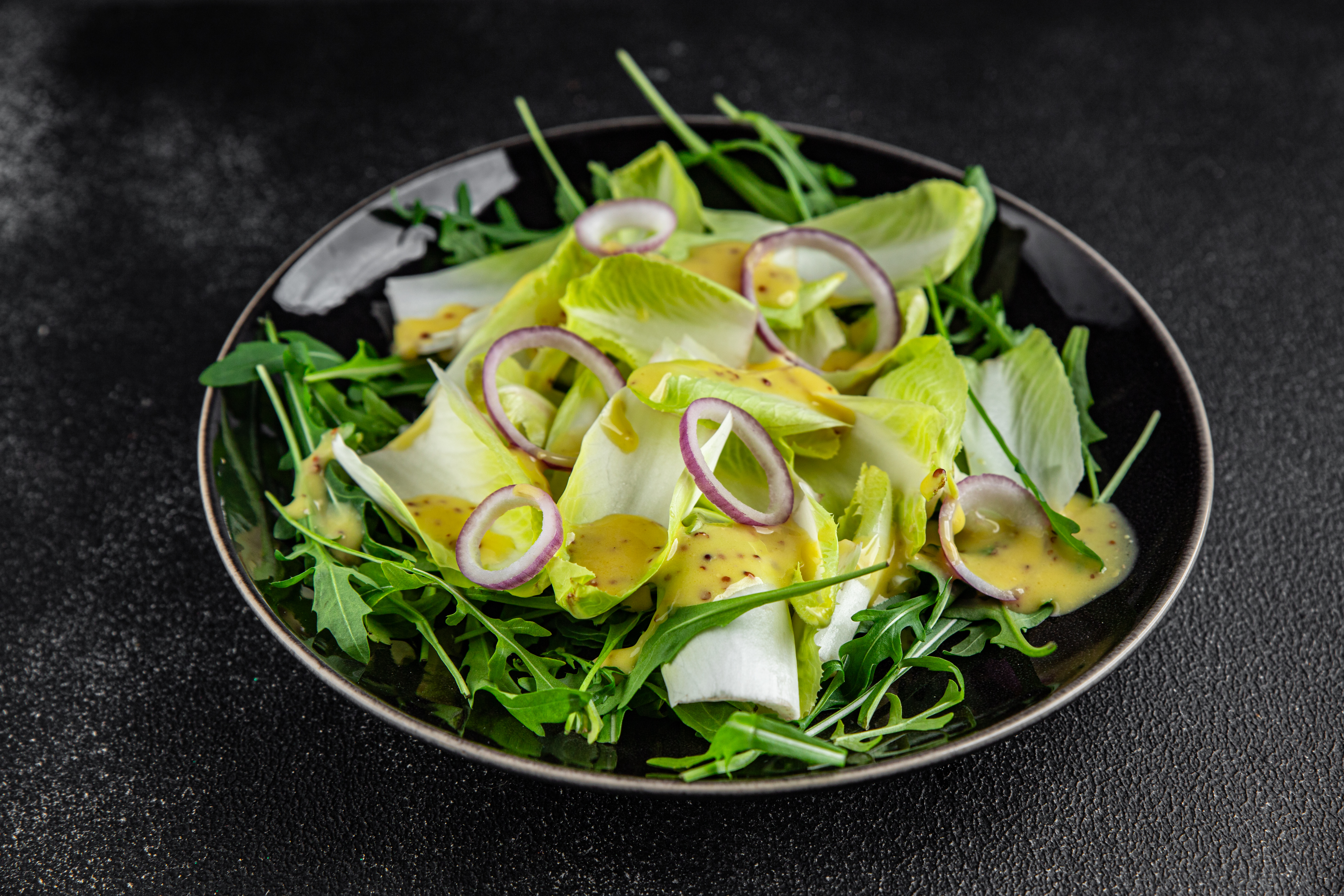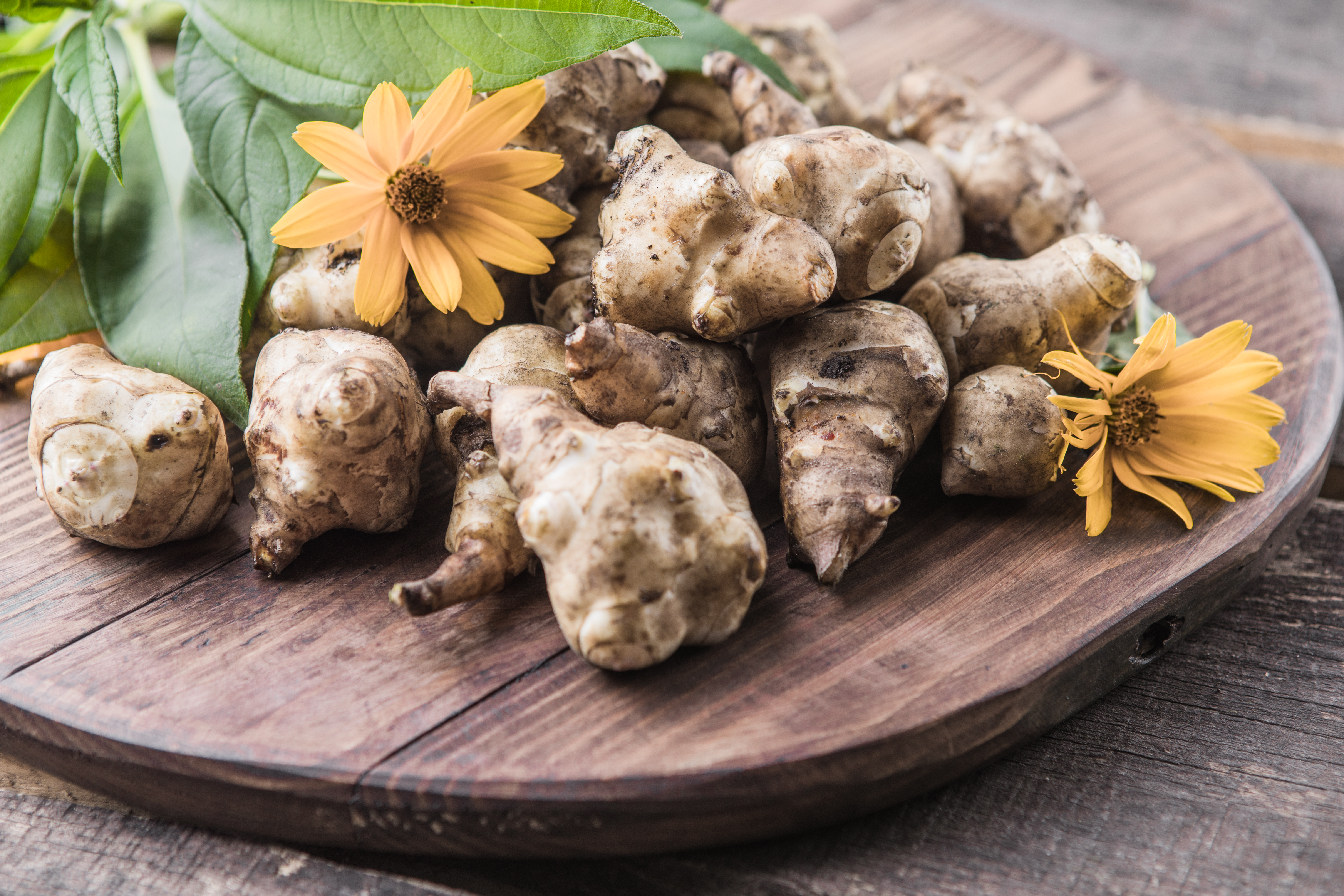Weird and Wonderful Prebiotic Foods for a Happy Gut
Gut health might be trending, but it’s far from a fad—your microbiome is the engine room of your entire body, quietly influencing everything from digestion and immunity to mood and brain function. And while probiotics often steal the spotlight, the unsung heroes are prebiotics: the non-digestible fibers that feed your good bacteria and help them thrive. Think of them as the fertilizer in your internal garden. In this guide, we’ve expanded our list to 21 Weird and Wonderful Prebiotic Foods for a Happy Gut—surprising, flavorful, and seriously effective ingredients that go beyond the usual suspects. From funky roots to overlooked greens, these foods nourish your microbiome in unexpected ways. Whether you’re a wellness junkie or just trying to feel better day to day, adding these quirky gut-lovers to your plate could be the missing link. Curious? Let’s get weird—and give your gut something to smile about.
1. Chicory Root: The Unsung Hero

Chicory root is often overshadowed by its more popular relatives, such as coffee and dandelion. However, it is a powerhouse of prebiotic fibers, particularly inulin, which constitutes up to 68% of its weight. Inulin is a type of soluble fiber that ferments in the colon, serving as a food source for beneficial bacteria. This fermentation process enhances gut health by increasing the production of short-chain fatty acids, which are crucial for maintaining the integrity of the gut lining. Additionally, chicory root has been shown to improve bowel regularity and reduce constipation. Its slightly nutty and earthy flavor makes it a versatile ingredient that can be roasted and ground as a coffee substitute or added to dishes for a nutritional boost.
2. Jerusalem Artichoke: The Sunroot Sensation

Also known as sunchokes, Jerusalem artichokes are tuberous roots that are rich in inulin. Despite their name, they are not related to artichokes but are a type of sunflower. Jerusalem artichokes are particularly beneficial for those looking to increase their fiber intake without drastically altering their diet. They can be consumed raw, cooked, or even pickled, offering a nutty, sweet flavor that complements a variety of dishes. It is believed that regular consumption of Jerusalem artichokes can enhance mineral absorption, particularly calcium and magnesium, which are vital for bone health. Their prebiotic properties support a balanced gut microbiota, potentially reducing the risk of gastrointestinal infections and inflammation.
